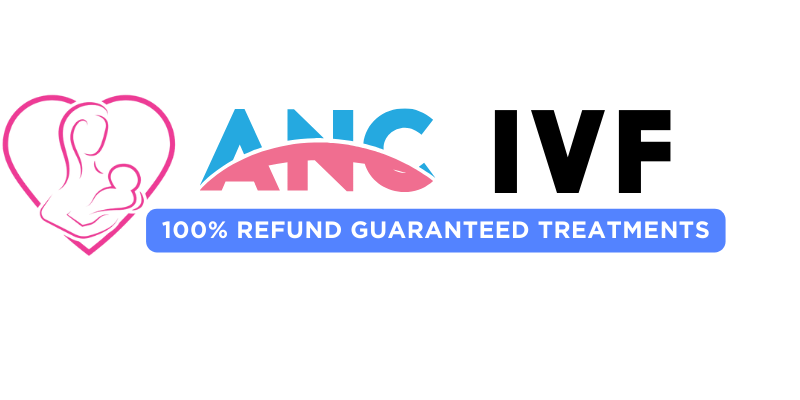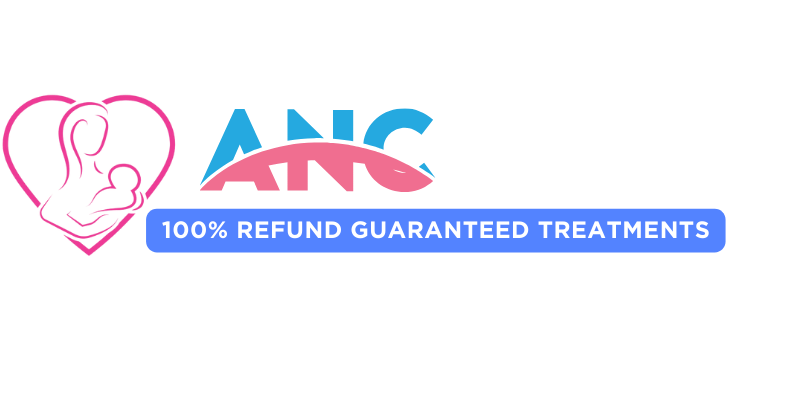Embarking on the journey of in vitro fertilization (IVF) can be a beacon of hope for many couples and individuals grappling with fertility challenges. This revolutionary medical procedure has transformed the lives of countless aspiring parents around the globe. However, before diving into the intricate world of IVF treatment, it’s essential to arm oneself with a comprehensive understanding of what to expect. This includes being well-informed about the success rates, which offer insights into the likelihood of achieving that much-desired positive outcome. Equally crucial is an understanding of the costs involved—knowing whether this investment aligns with your financial means can help in making more informed decisions. Furthermore, finding a trustworthy and accessible IVF clinic is a quintessential step in this deeply personal voyage. In this blog post, we will meticulously navigate through these key considerations—success rates, costs, and searching for a reliable ‘IVF treatment near me’—to equip you with the knowledge you need on your path to parenthood.Explore IVF treatment success rates, understand costs, and find clinics near you to start your fertility journey. Get informed today.
IVF Treatment Success Rate
When considering IVF Treatment, one of the foremost questions that invariably surfaces in the minds of prospective parents revolves around the success rate of the procedure, a vital statistic that aids in painting a realistic picture of what one could anticipate with regard to potential outcomes. The success rate of IVF, or In Vitro Fertilization, is influenced by a myriad of factors including, but not limited to, the age of the woman undergoing treatment, the cause of infertility, and the expertise of the fertility clinic executing the procedure; it is therefore of paramount importance that these elements are meticulously considered when evaluating the likely success of this sophisticated reproductive technology.
In an attempt to delve deeper into the success rates of IVF Treatment, it becomes evident that the age bracket of under 35 years presents with the most favorable outcomes, where the chances of a successful pregnancy are amplified, yet it is important to note that with each advancing year, there is a gradual decline in these rates, a biological inevitability that must be acknowledged and addressed with compassion and understanding. Indeed, comprehensive data gleaned from various studies and aggregated statistical analyses can offer hopeful families an elucidation of probable success rates across different age spectrums, thereby empowering them with the knowledge to make informed decisions aligned with their personal circumstances and aspirations.
Moreover, it is crucial to underscore the element of variability in IVF Treatment success rates, which can differ not only between individual clinics but also between various cycles for the same couple, accentuating the importance of perseverance and resilience for those embarking upon this often challenging yet potentially rewarding journey towards parenthood. With the continuous advancements in medical science and reproductive technologies, there is an ever-present hope that the success rates of IVF will only improve, thereby enhancing the prospects of achieving the dream of a family for countless individuals across the globe.
IVF Treatment Cost
The cost of IVF treatment is a significant factor for many couples who are considering this medical procedure as a solution to address challenges in conceiving a child naturally; given the complexity and the resources required in this process, understanding the comprehensive financial load is of paramount importance. In-depth research into the various expenses associated with IVF treatment reveals that it encompasses far more than just the initial procedure, including costs such as medications, consultations, and subsequent cycles if the first attempt does not result in a pregnancy.
When analyzing the total investment of an IVF treatment, potential patients must be aware of the geographical variances in pricing, which can be substantial—from the affordable treatment centers in certain countries to the more costly alternatives provided in others, the discrepancy can reflect differences in healthcare systems, expertise, and success rates. It is not uncommon for couples to travel abroad if the cost of IVF treatment is significantly lower in another country, a decision that may introduce additional costs for travel and accommodation but could potentially result in overall savings.
To make an informed decision, those considering IVF treatment must thoroughly research and fully contemplate the potentiality of multiple treatment cycles, as it is an unfortunate reality that not every IVF cycle leads to a successful pregnancy, and therefore, the budgeting for IVF treatment cost should accommodate the possibility of subsequent attempts. Seeking out financing options, insurance coverage specifics, and potential discounts for multiple cycles are critical steps in the financial planning process to ensure that the couple is prepared for the full scope of expenses that may arise during their journey toward parenthood through IVF.
IVF Treatment Near Me
Finding a reputable and reliable IVF treatment center in close proximity to one’s home can often prove to be a significant concern for couples who are considering assisted reproduction options to start or grow their family; thus, it becomes imperative to conduct thorough research on the availability, quality, and types of services offered by local IVF clinics.
When searching for IVF treatment near me, it is essential to look beyond just the geographical convenience and evaluate the clinic’s success rates, the expertise of the medical staff, and the range of treatments they provide – these are crucial factors that could considerably impact the probabilities of a successful pregnancy and the overall experience during the sensitive journey of IVF treatments.
In addition, while considering IVF treatment options nearby, potential patients should not overlook the financial aspect of these procedures, as the costs can vary widely between clinics; therefore, it is advisable to seek out facilities that offer transparent pricing and possibly financial assistance or payment plans, which could significantly alleviate the monetary pressures associated with such specialized and oftentimes costly medical treatments.

